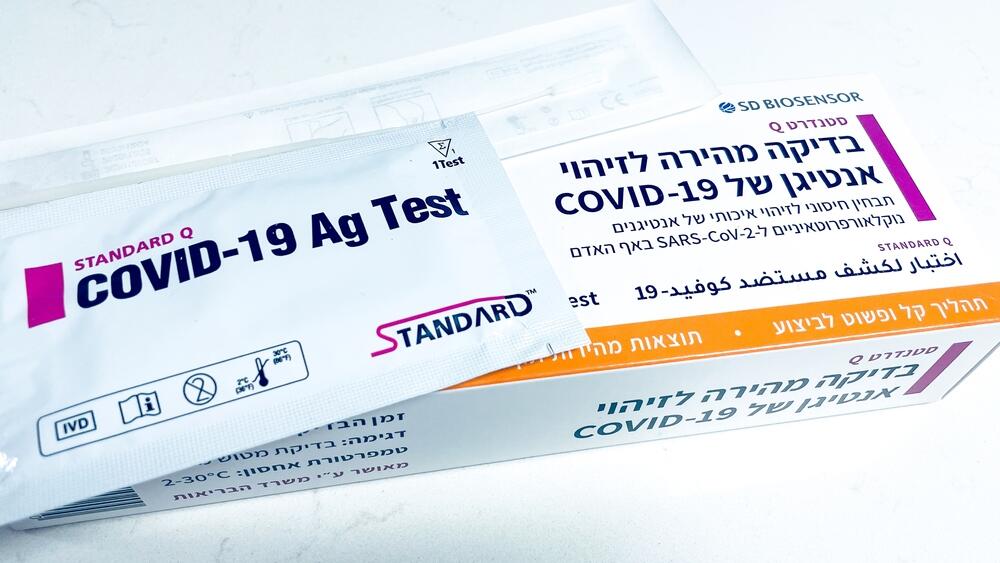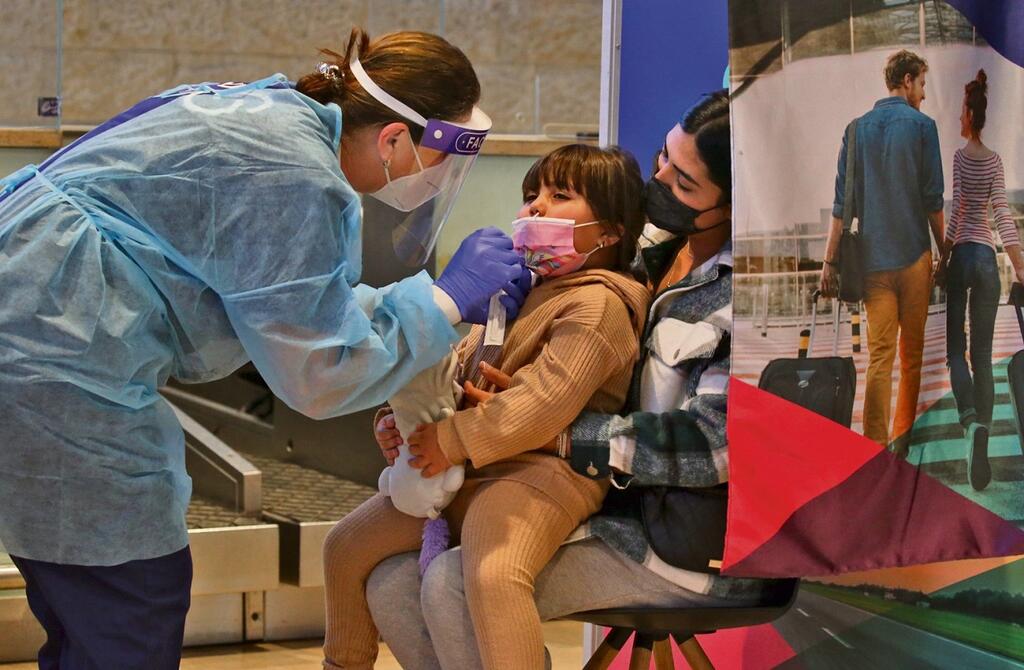Israel's announcement Wednesday regarding revisions to the country's coronavirus testing mandate has left many people more than a little confused.
Thankfully, Asaf Bernstein — Clalit HMO's chief pharmacist for Israel's Central Region — on Thursday explained to Ynet the differences between various COVID tests and detailed the new outline.
"I may surprise you – there is no difference between the tests, the difference is in those who take the samples," he said. "Those who take the samples in Health Ministry facilities or clinics are authorized personnel, while the home test is done by the people themselves, privately."
However, Berstein added that one crucial difference lies in how the two tests' detection systems works.
"The thing is, there's a major difference between the PCR test and the antigen test. The PCR test is more capable of detecting the virus. If there is even a slight amount of the virus on the sample, the PCR increases it up to a trillion times, theoretically, which results in a more thorough identification even despite the small sample size. Therefore, PCR tests can detect COVID in its very early stages.
"The antigen test, however, is a direct test of swabs tip, and therefore it can detect only large quantities of the virus," Berenstein continued.
"These tests are reliable but require a much larger presence of the virus, therefore they can detect the pathogen only in its more advanced stages on infection, when symptoms appear, unlike with the PCR. That's why there is a possibility that someone is positive to COVID, but the home antigen kit won't identify it, since the disease is still in its early stages."
Prof. Danny Miron, an expert in pediatric infectious diseases at Emek Meron Medical Center, added: "The sensitivity of the test is about 85% percent. This means that 15% (of those infected) came out negative but there may be a question with the small amount also less infected. Therefore, the antigen test is not approved over the age of 60 and for people with risk factors. There is one more thing about the institutional examination - they register and receive documentation. "Whoever does a test at home, has no documentation."



